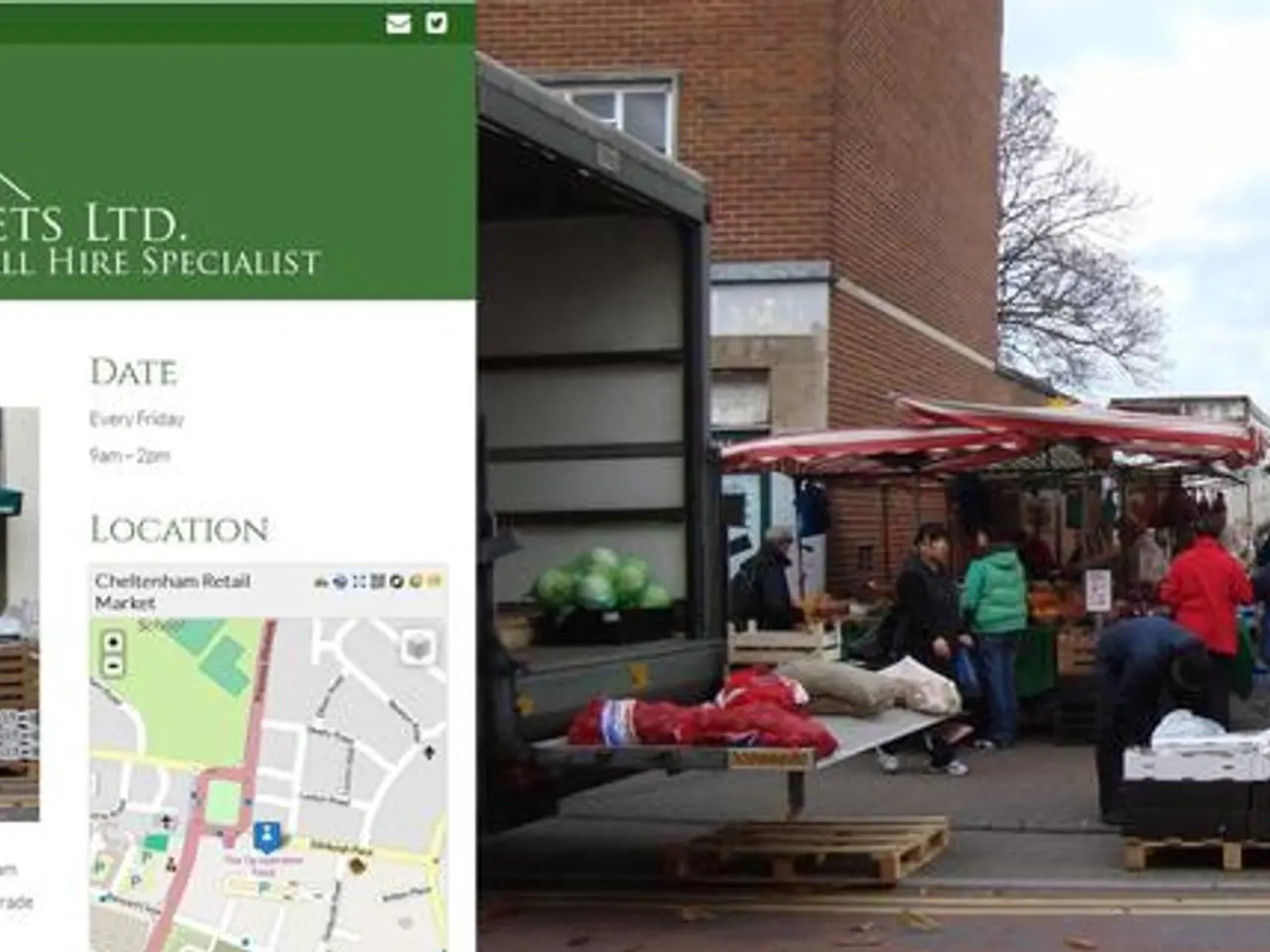Controversy surrounds the agreement between Kebs and a Japanese auto inspection company
News Article: Parliamentary Committee Summons KEBS Officials Over QISJ Contract
In a move aimed at addressing concerns about the procurement process of Quality Inspection Services Japan (QISJ) by the Kenya Bureau of Standards (KEBS), the National Assembly Trade, Industry and Cooperatives Committee has summoned KEBS officials to appear before them on Thursday.
The summoned officials include KEBS Managing Director Esther Ngari, Industry Principal Secretary Juma Mukhwana, and Kenya Accreditation Service (Kenas) Chief Executive Officer Walter Ongeti. The notice, dated July 8, 2025, requests clarification on the roles of Kenas, KRA, NTSA, and other agencies in vehicle document verification.
The Committee intends to investigate the role of Kenas, KRA, NTSA, or any other agency in the verification of vehicle documents. Specifically, they aim to understand the criteria used to select QISJ, focusing on whether other local or international firms were considered during the selection process.
The Committee will establish if the engagement of QISJ was conducted through a competitive procurement process in accordance with the Public Procurement and Asset Disposal Act. They also seek confirmation if QISJ has been formally accredited by Kenas or any other recognized accreditation body under the ISO/IEC 17029:2019 standard.
The Committee's inquiry comes amidst public concern about the levy imposed for the contracted services, which has increased the cost of imported motor vehicles. The Committee has expressed concern about how KEBS engaged or procured the services of QISJ, raising questions about compliance with Kenya’s Public Procurement and Asset Disposal Act.
The Committee will also scrutinize how KEBS has prevented duplication of mandates in authenticating vehicle registration documents already verified by other authorities. The goal is to ensure transparency and efficiency in the vehicle importation process.
As of the information available, there is no public confirmation that the process fully complied with the Public Procurement and Asset Disposal Act. The scrutiny and summons imply that the procurement process is being investigated for adherence to legal requirements.
The Kenya Bureau of Standards (KEBS) has issued a notice regarding the engagement of Quality Inspection Services Japan (QISJ) to validate import documents for used motor vehicles. The notice formalized the engagement aimed at validating import documents to determine the age of used vehicles before importation.
The parliamentary inquiry promises to shed light on the procurement process and the involvement of various agencies in the vehicle importation process. The outcome of the inquiry is expected to reassure the public about the transparency and legality of the process, and to ensure that the cost of imported motor vehicles is not unnecessarily inflated.
[1] Kenya Bureau of Standards Notice Regarding QISJ Engagement [2] National Assembly Trade, Industry and Cooperatives Committee Summons KEBS Officials [3] Public Procurement and Asset Disposal Act, 2015
- The parliamentary investigation into the QISJ contract, led by the National Assembly Trade, Industry and Cooperatives Committee, will delve into the role of finance, as they aim to understand the criteria used for selection in the procurement process, and the compliance with the Public Procurement and Asset Disposal Act.
- The outcome of the parliamentary inquiry, as outlined in the Notice Regarding QISJ Engagement by Kenya Bureau of Standards, could potentially impact several industries, especially the automotive industry, by ensuring transparency and efficiency in the vehicle importation process, and addressing concerns about the levy imposed for contracted services.




